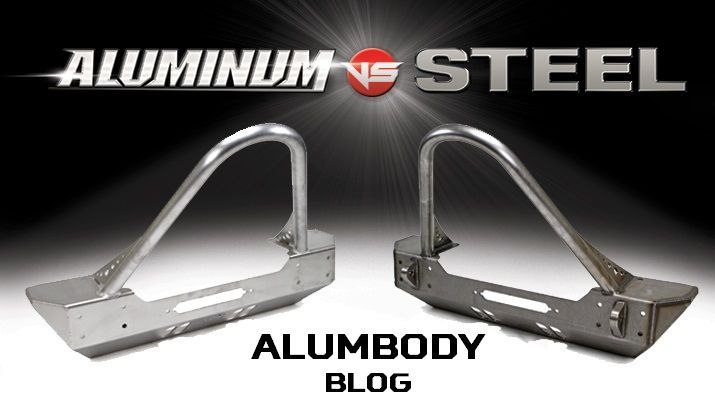


Steel vs. Aluminum – Weight, Strength, Cost, Malleability Comparison
Aluminum versus Steel Cost
Cost and cost are dependably a vital element to consider when making any item. The cost of steel and aluminum is ceaselessly fluctuating taking into account worldwide supply and interest, fuel expenses and the cost and accessibility of iron and bauxite metal; however steel is for the most part less expensive (every pound) than aluminum (see excited versus stainless for more data on steel). The expense of crude materials has an immediate effect on the cost of the got done with turning. There are special cases, yet two indistinguishable spinnings (one in aluminum and one in steel) the aluminum part will quite often cost more on account of the increment in the crude material cost.
Quality & Malleability of Steel versus Aluminum
Aluminum is an exceptionally attractive metal on the grounds that it is more pliant and flexible than steel. Aluminum can end up in a good place and make shapes that steel can’t, frequently framing more profound or more multifaceted spinnings. Particularly for parts with profound and straight dividers, aluminum is the material of decision. Steel is an extremely intense and strong metal yet can’t by and large be pushed to the same amazing dimensional cutoff points as aluminum without splitting or tearing amid the turning procedure.
Erosion Resistance of Steel and Aluminum
While flexibility is vital for assembling, aluminum’s most prominent trait is that it is consumption safe with no further treatment after it is spun. Aluminum doesn’t rust. With aluminum there is no paint or covering to wear or scratch off. Steel or “carbon steel” in the metals world (rather than stainless steel) for the most part needs painted or treated in the wake of turning to shield it from rust and consumption, particularly if the steel part will be grinding away in a clammy, sodden or grating environment.
Weight Differences in Steel and Aluminum
Indeed, even with the likelihood of consumption, steel is harder than aluminum. Most spinnable tempers and compounds of aluminum gouge, ding or scratch all the more effectively when contrasted with steel. Steel is solid and less inclined to twist, distort or twist under weight, compel or heat. All things considered the quality of steel’s tradeoff is that steel is much heavier/much denser than aluminum. Steel is regularly 2.5 times denser than aluminum.
Conclusion:
In the end, it looks like aluminum is the winner, steel cannot beat the pricing, durability and lightweight that aluminum has to offer. This is why aluminum is the best choice for your aluminum truck bed.
